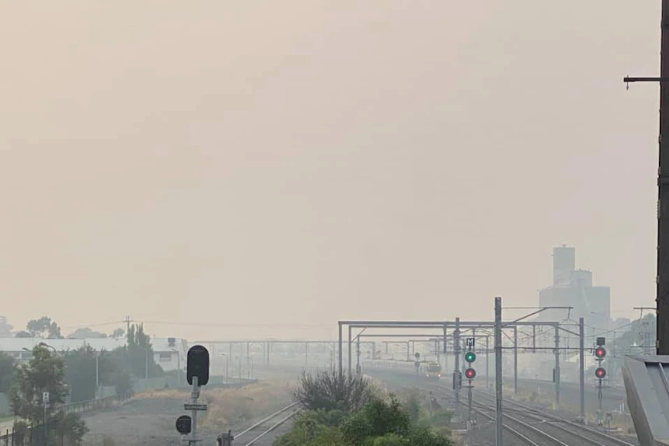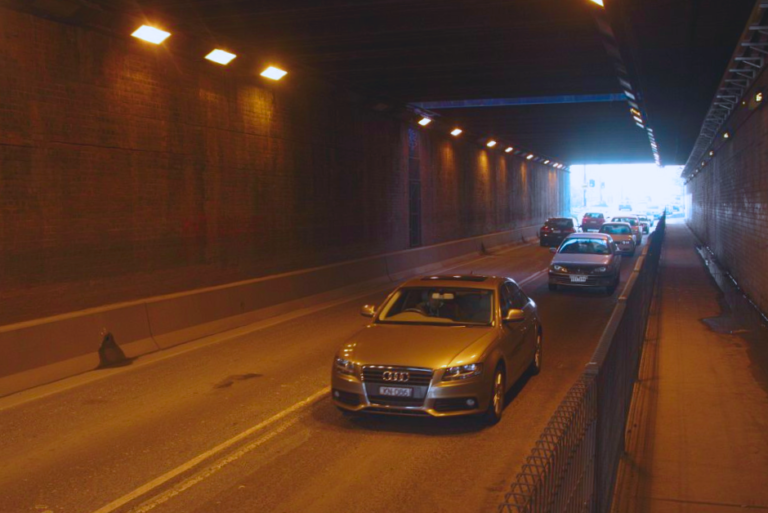7th of February 2024, 15:36
Legislative Council of Victoria, Melbourne
Motion 294 by Ms Crozier (Liberal Party)
David ETTERSHANK (Western Metropolitan):
I do not think anyone can deny that there are major issues of concern in the Victorian ambulance service, and over the last 30 years that I have
been involved in health and community services it has been forever thus. We need look no further than the recent WorkCover inquiry or the services’ ongoing recruitment and retention woes to provide compelling evidence of this reality. Likewise the submissions from Ms Purcell and Dr Mansfield provided excellent life experience of reality in the service.
I do not know how many people understand the nature of the work that ambos undertake. Some years ago I did a project with the New South Wales ambulance service and their union. We travelled all over New South Wales talking to union reps and to local management, trying to develop better consultative processes and to address the challenges that these workers face, and we spent many hours talking about
the reality of life on the road. I learned firsthand that being an ambo is hard physical and emotional territory.
Ambos and especially paramedics regularly encounter and must address scenes of heartwrenching disaster, of folly and of tragic consequences, of situations where their exceptional skills literally mean the difference between life and death, sometimes successfully and sometimes not. And then, in a jarring contrast, they may next, frustratingly, find themselves for hours ramped at a hospital, waiting for the emergency department to clear while work that requires their skills and dedication is delayed or even goes unanswered. This is a difficult life that requires extraordinarily skilled and committed staff.
In this context it is deeply disturbing that a range of sensible improvements to the working lives of ambulance officers have largely been rejected by the government. The ambulance union is seeking improved occupational health and safety conditions, safer staffing levels and better protocols in control rooms, more flexible working arrangements and a pay rise that at least keeps track with the cost of living so that they do not become poorer for the privilege of their work – outrageous demands, aren’t they? To the government we say: if you value this critical workforce, you need to put your money where your mouth is.
But at the same time we should recognise that there are a range of factors, many of them arising from the pandemic, both past, present and continuing, that have hit many employers, including the ambulance service. Employers everywhere are struggling to find skilled staff, and it would be foolhardy to imagine that the ambulance service is somehow immune. There are some positive initiatives underway, which is great to see. Last year I attended a ceremony with Victoria University and Brimbank City Council to start the process of establishing a dedicated paramedic training school.
Like all such initiatives, however, it will take time to establish and then to ultimately replenish the workforce, and as I said before, these are highly skilled and trained health professionals and such programs take time to bear fruit.
To come to this motion, we have not had much time to consider it, and that is a real pity. I mirror the comments of Ms Purcell and the Greens with regard to the lack of opportunity to discuss this motion before it was presented in this place. As I have said, there are patently major problems in the Victorian ambulance service.
I think that it is regrettable that this motion is mainly restricted purely to MICA, as I am sure all ambos would agree that MICA only really works in the context of a well-organised service, appropriately tasked across the full range of required assignments and to look at their position in isolation fails to do justice to the complexities of the problems. In terms of the actions that are sought in this motion, we agree that the ambulance service should be resourced appropriately. Who wouldn’t?
I doubt that anyone in Victoria would dispute this principle, but the question is: what does it mean? I am old enough and sufficiently steeped in the health industry to remember what adequate funding of the ambulance service meant under successive coalition governments going back to the Kennett days, and it was not pretty. As I mentioned previously, the motion seems to concentrate only on MICA and the air wing, and we all know that this is only a small part of the problem.
On the question of the documents sought, we accept on face value the undertakings provided by the government – that is, that there is no review into MICA by Ambulance Victoria that can be provided or that exists and that the safety audit by Pel-Air has been distributed to all relevant staff. In this regard it seems to us that the motion is basically mistargeted. Accordingly, we will not be supporting the resolution.
[Ends]





